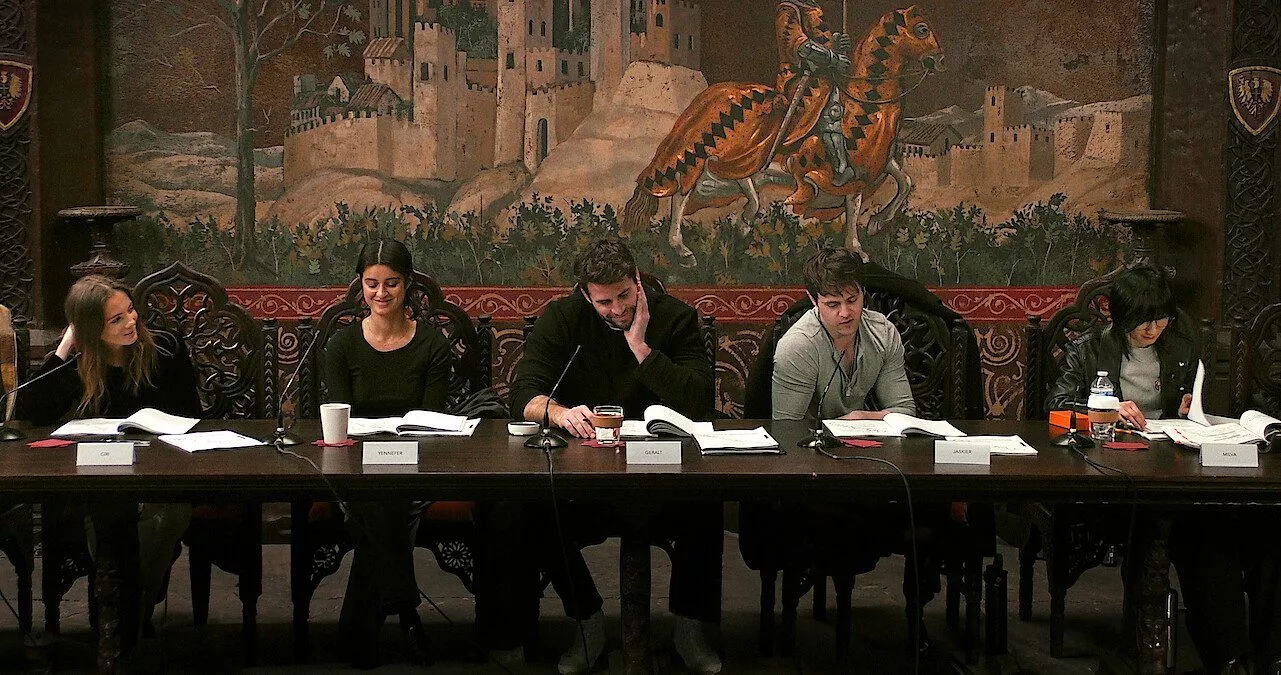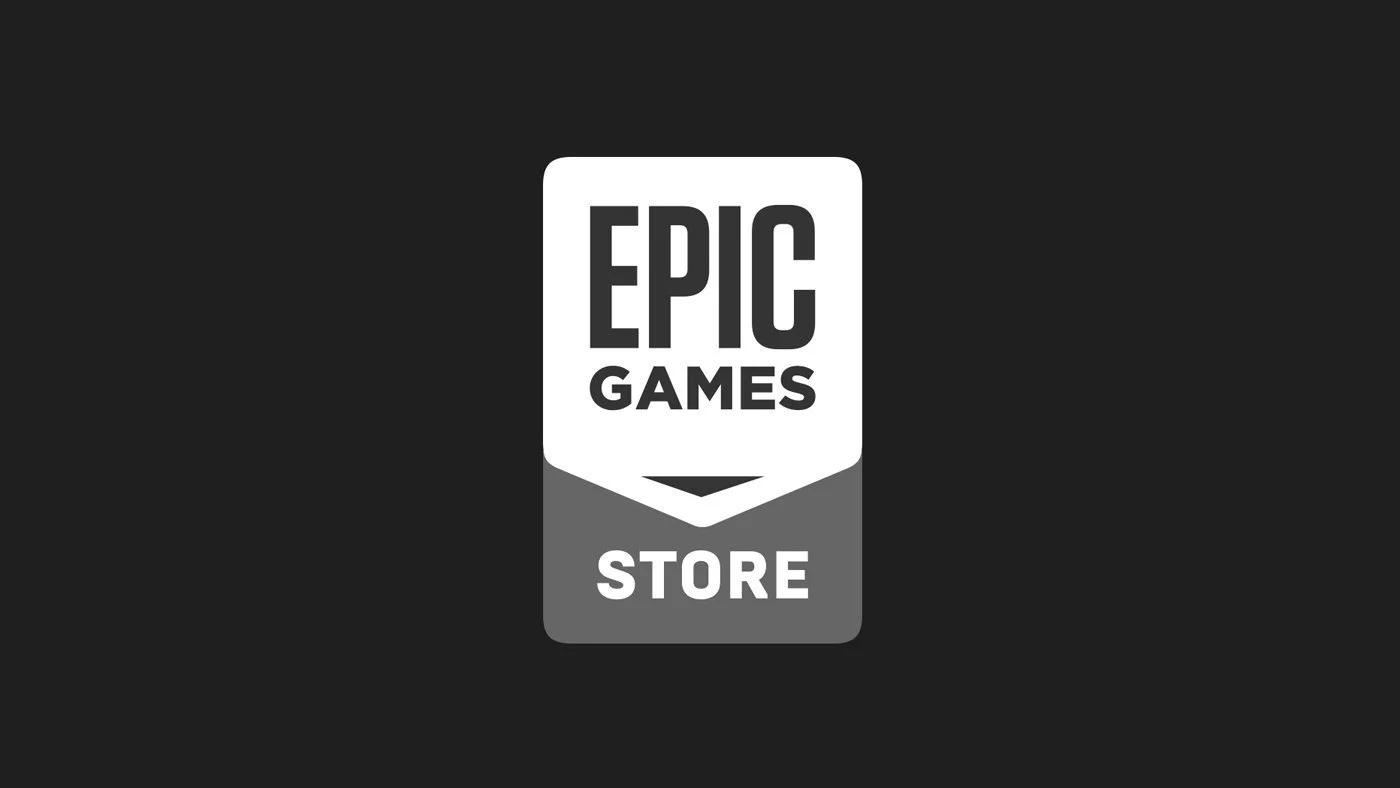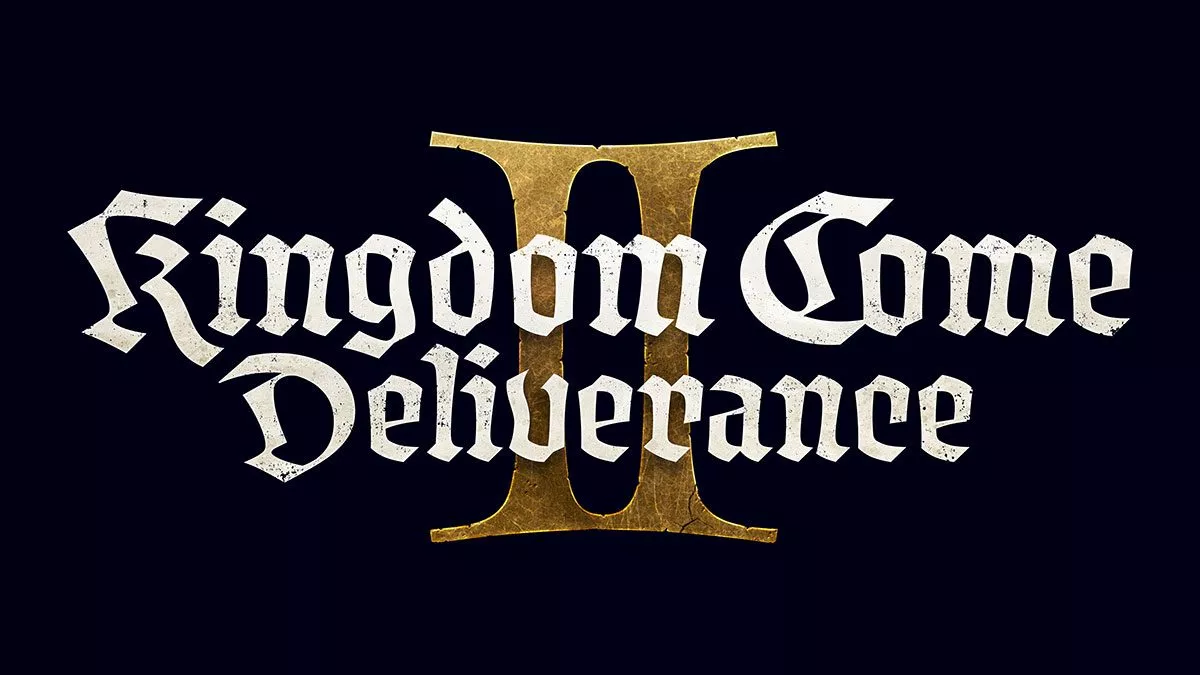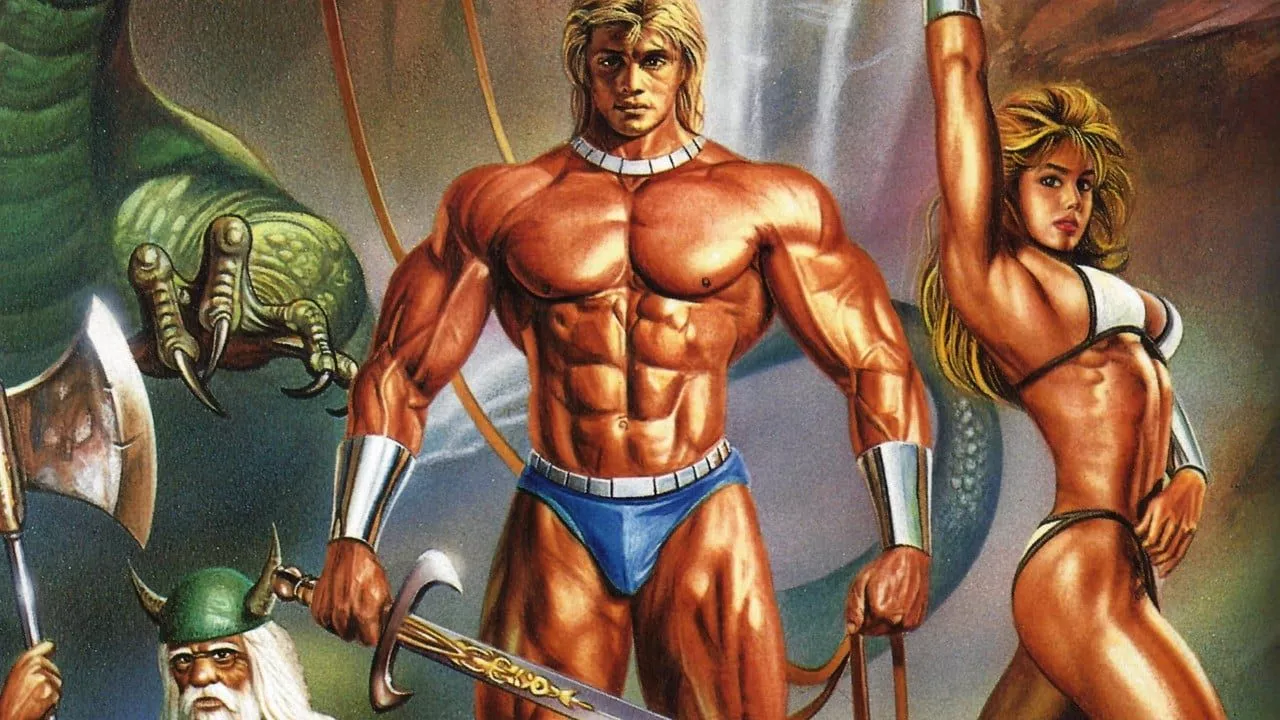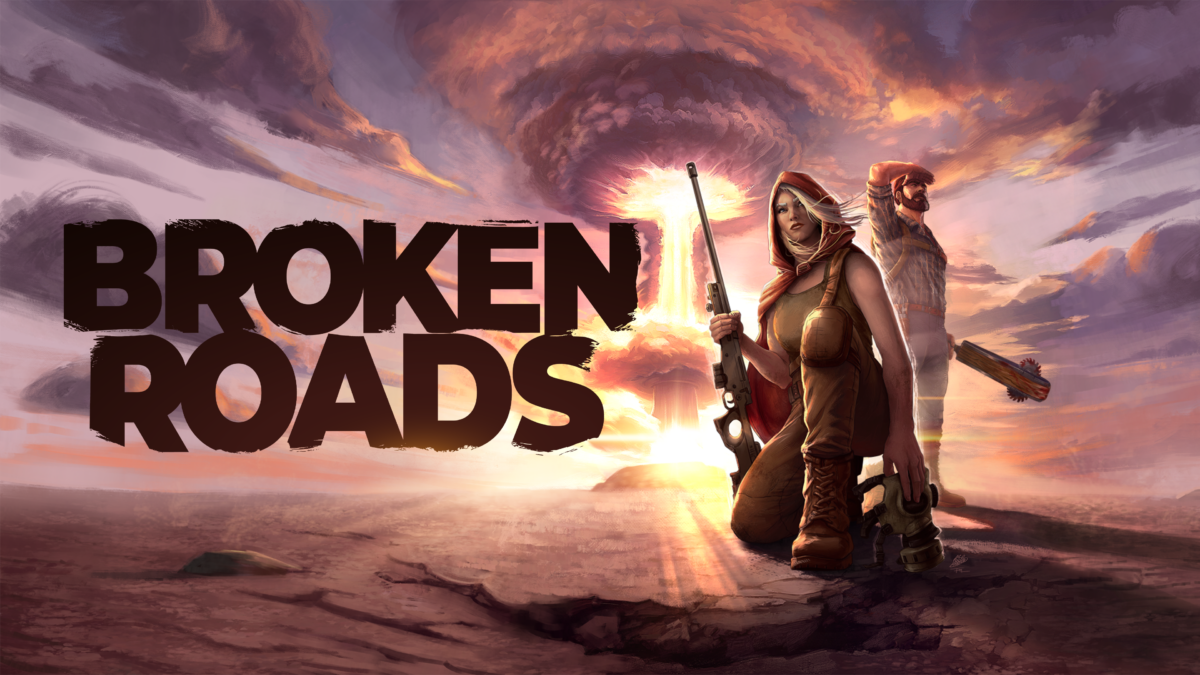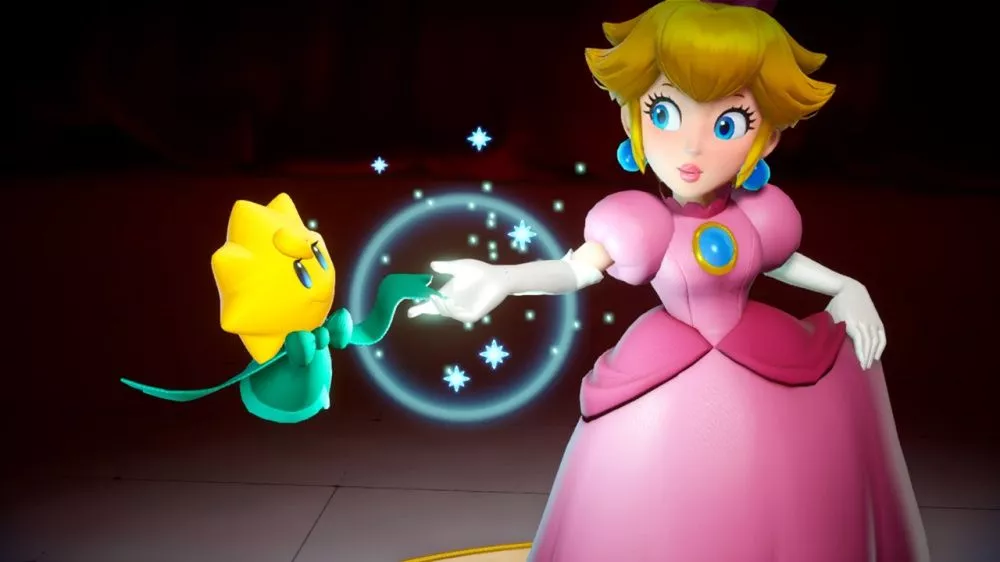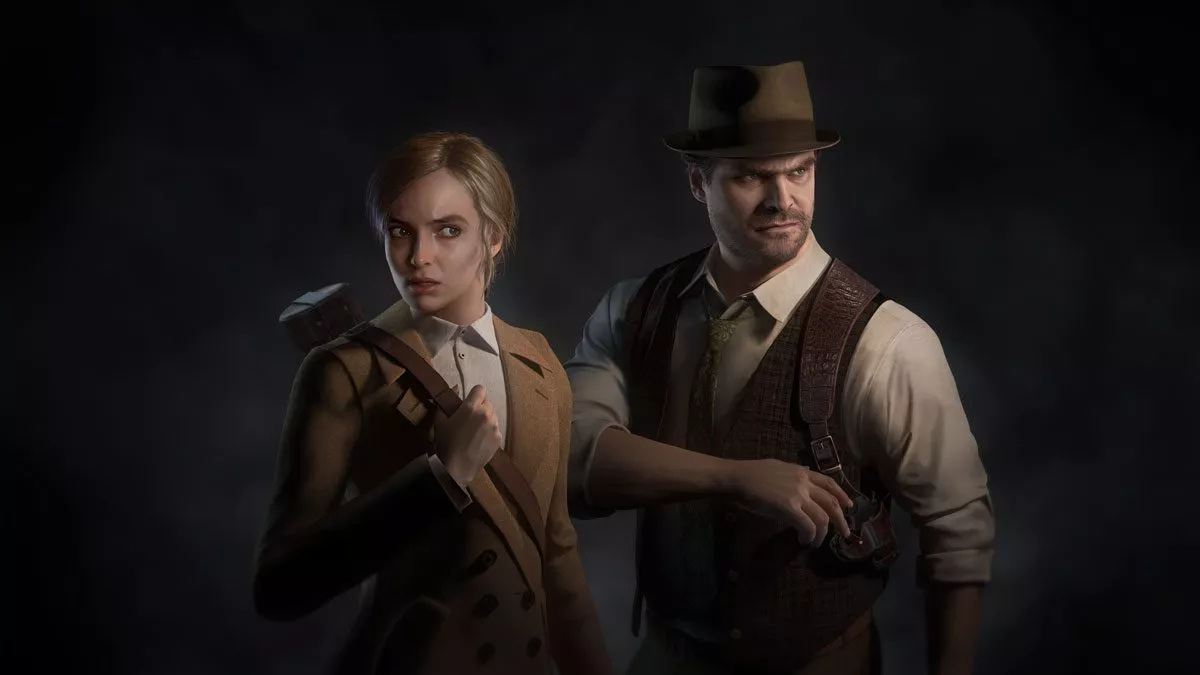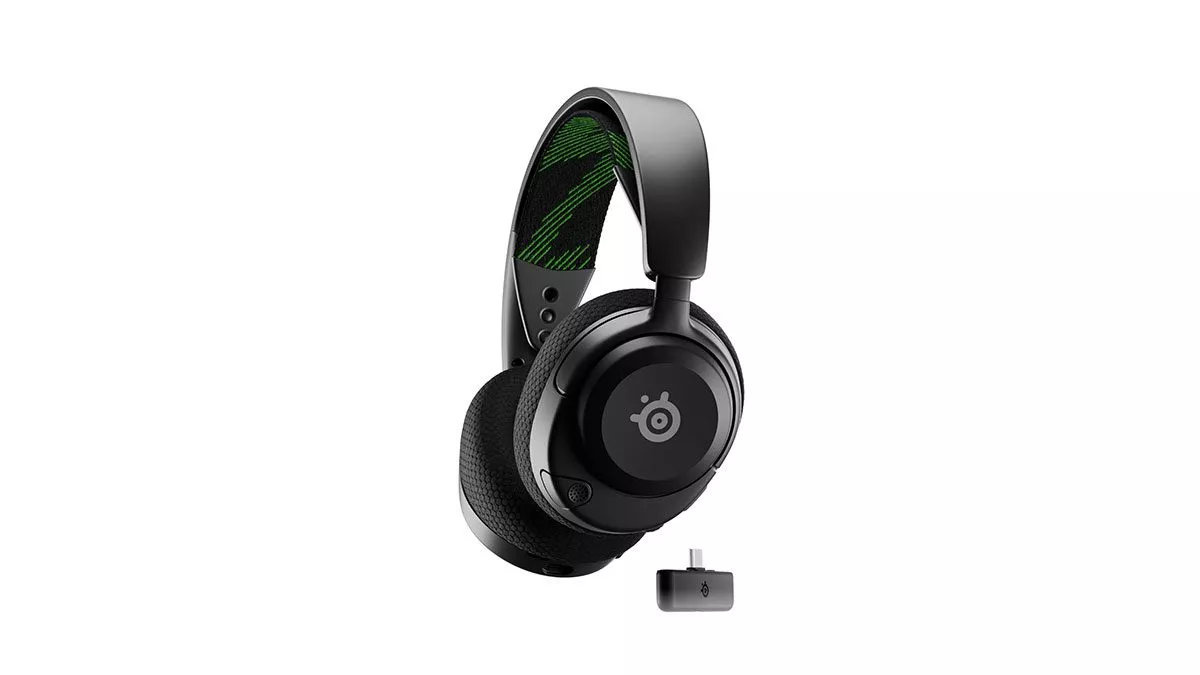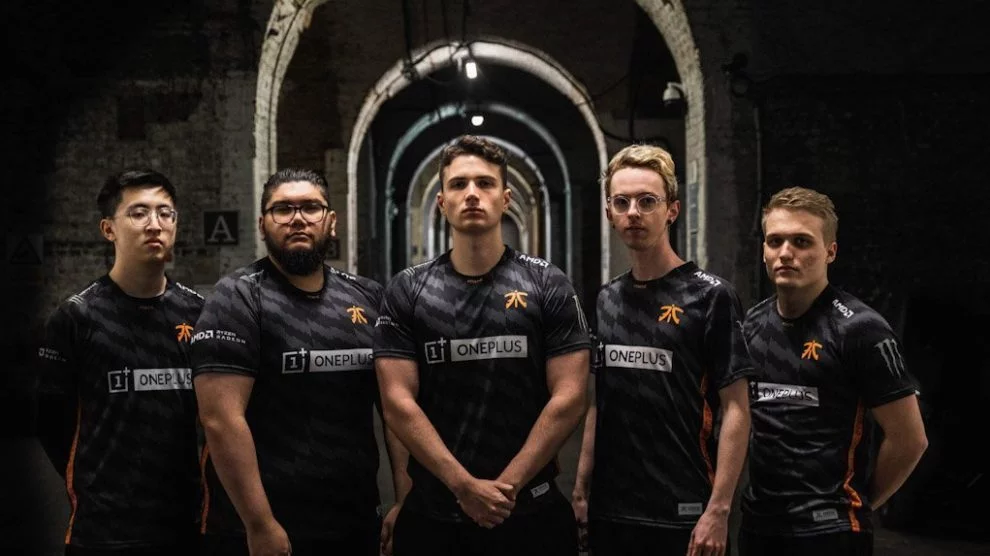Fnatic is one of the biggest Esports organisations in the world; we saw the beginning of the next era of Australian Esports when it acquired the players from the Australian Rainbow Six: Siege team Mindfreak last year.
Since then, Fnatic has proven itself by continuing to deliver great performances throughout multiple events in Rainbow Six: Siege tournaments across the world. Recently the team landed a top four finish at the Pro League Season 8 Finals after knocking out the North American powerhouse team Evil Geniuses. Using this momentum they then set their sights on the Six Invitational 2019, the biggest Rainbow Six: Siege tournament ever with a hefty $2M prize pool.
16 teams began their journey in the group stage where 2 teams from each group would move on to the main event for the Six Invitational. In Fnatic’s first match, the team found itself up against Reciprocity, formerly known as Cloud9. After losing the first map on Consulate in overtime there were moments where Fnatic seemed to struggle while attacking, but it was its defence on Clubhouse and Villa that held the team in the series. By winning both of those maps back-to-back Fnatic was now 1 game off securing its spot in the Six Invitational.
Stevivor had the opportunity to speak to Fnatic at the Six Invitational 2019, we asked the team about their performance during the group stage where they managed to top the group.
“We studied Reciprocity and we knew how to play them, Jason ‘Lusty’ Chen told Stevivor. “They try to take control of sites but their executes aren’t the strongest. I think our playstyle counters their playstyle very well, so we were pretty confident in winning that game.
When we knew we were going up against Faze afterwards we were still riding the high of winning against Reciprocity, and our mental attitude was at the very top level.”
As the Six Invitational main event kicked off, the very first match saw an APAC showdown with Fnatic facing off against Japan’s Nora-Rengo. Bank would be the first map played on as chosen by Fnatic, however after going into overtime Nora-Rengo snatched away the victory winning back-to-back rounds. As the map shifted over to Villa, the crowd favourite Nora-Rengo controlled the pace of the game with their defence which was far too much for Fnatic to handle. Nora-Rengo went on to win the series 2-0, with Fnatic stating the team didn’t have the energy to keep up with the other team.
“We practice against Nora-Rengo a lot, because they are from Japan we play them all of the time,” Etienne ‘Magnet’ Rousseau said. “We know how they play, and they know how we play. I think it started when we all woke up that morning, there just wasn’t that much energy at all, everyone was feeling pretty drained. At the same time we knew that Nora-Rengo’s map pool isn’t as deep ours, but they are very strong on those maps they play, where as I would say we are good on all of the maps.
“They had already won the ban phase; the maps had gone their way. On Bank I thought we were playing well, despite a few of the rounds where we should have closed the game out. After choking the win on that map and playing through the first round of Villa everyone’s mental game just started to drop. We lost motivation, we started communicating less, we started to play more solo, and it just snowballed from there. Everyone round just got worse and worse for us. Especially since we started on attack. It was more of a mental loss on our part, rather than strategies and whatnot.”
“I would love to see double elimination in playoffs,” Jayden ‘Dizzle’ Saunders said. “I think adding 2 more days would be ideal, not only just to run a loser’s bracket but also so we don’t have long days. Yesterday ran from 10am until nearly midnight. Adding double elimination helps for the narrative and for driving more stories, I think it paints a better picture.
“At the level that we are getting at with Rainbow Six: Siege I think that it is almost necessary to have a double elimination bracket. When you play 3 days in groups, then you have the quarter-finals, then the semi-finals, if you have one bad day – one bad hour in a week, then it’s just done. Having a loser bracket gives you the option to reset. Apart from the extra day or two I don’t think there are many negatives to it. It would be great if they looked at doing it for next year.”
As Fnatic once again finishes at the Six Invitational in the top 8 — along with a top 4 finish in Rio at the Pro League Season 8 Finals — we asked the team if it felt like they were starting to get some respect from the commentators, analysts, and other teams in the scene.
“I think we have always been the underdogs,” Chen said. “And so getting top 4 at Rio and having consistent results does give us a lot more respect. I think the APAC region has always looked down at.”
“At a pro level, because we are friends with a lot of the teams here, they know it’s not wise to ever write Fnatic or Nora-Rengo off,” Saunders continued. “I personally felt that in our group stages not a lot of homework was done on us, those teams did everything we expected them to.
When we were doing the ban phases, we knew what they were going to ban before they even locked them in. I feel like we did a lot better homework on our opponents. I don’t think they thought it would be easy, but instead maybe we wouldn’t be much of a contention.”
“Having an Australian team here at the Six Invitational, and then having an Australian season which has been asked for since the beginning of Rainbow Six: Siege, is really good for the Australian scene,” Saunders said. “I think the defender operator (Mozzie) is going to be a bit of a fan favourite, and I think the pro players will using him because he is very useful. The community is going to have a lot of fun with him, the cosplayers will enjoy cosplaying as him because of the way he looks.
“Gridlock, the new female attacker is going to be really good operator. I don’t think she will see the top tier echelon play often, maybe a few of the maps might suit her more than the others. But I think that she does a similar thing to Nomad, and that Nomad might do it a bit better. I’ll also be here all of next week with Ubisoft doing playtesting and giving some last-minute feedback, see if we can help put a few final touches on this new season.”
Fnatic finished the Six Invitational 2019 in the top 8, receiving $80,000 USD. The team will now return to Australia where they will be preparing for the Oceanic Cup, and then the second half of the Pro League to try and secure a spot for the next major.
Luke Lawrie traveled to Montreal, Canada as a guest of Ubisoft to cover the Rainbow Six: Siege Invitational.
This article may contain affiliate links, meaning we could earn a small commission if you click-through and make a purchase. Stevivor is an independent outlet and our journalism is in no way influenced by any advertiser or commercial initiative.


